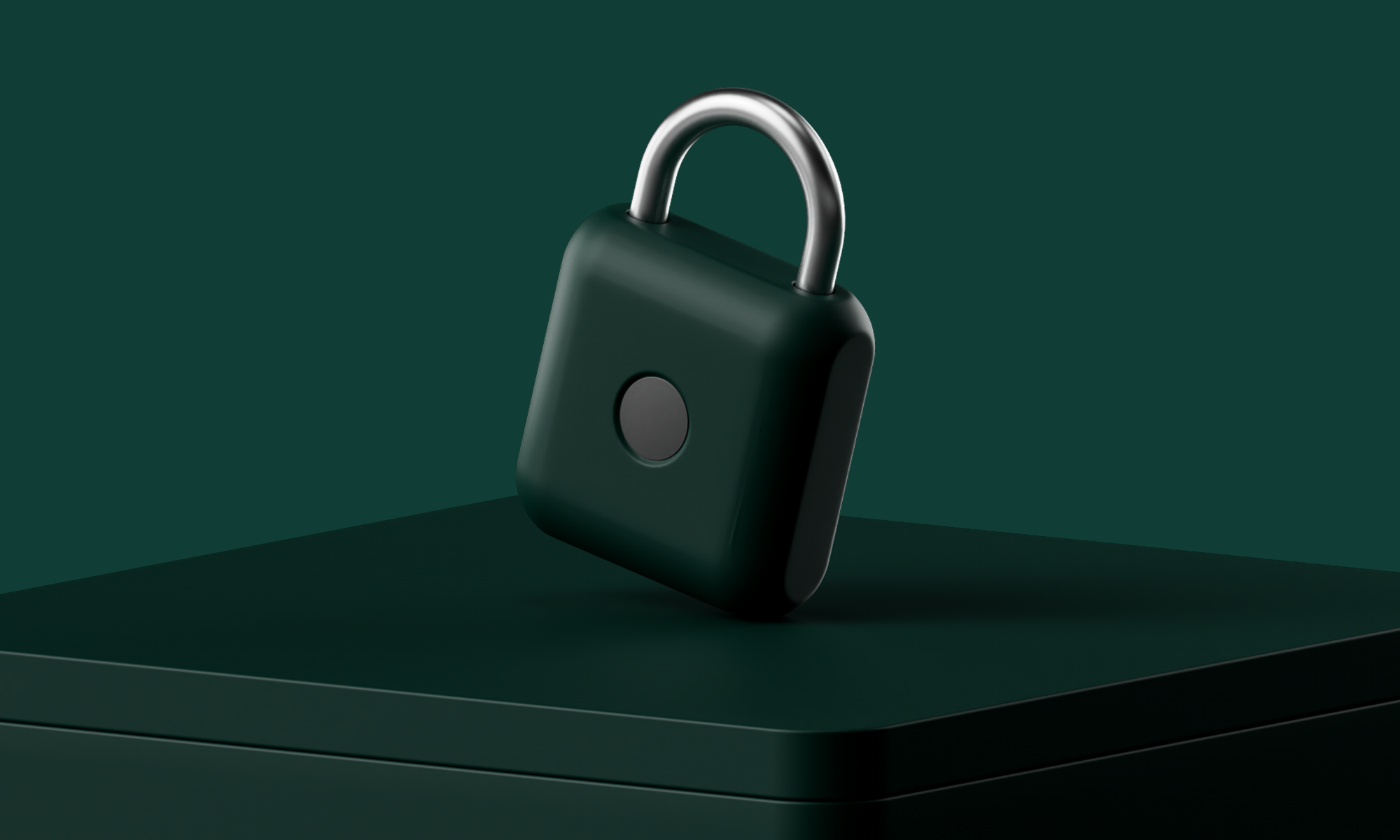How can I store my cryptocurrencies even more securely?
To store your crypto coins and tokens even more securely, you can rely on advanced security measures. Alongside using multi-signature wallets, which require multiple approvals for transactions, you should regularly back up your hardware wallets. These measures help ensure your digital assets are protected even in case of physical damage or loss.
Multi-signature wallets
Multi-signature wallets increase the security of your cryptocurrencies by making transactions dependent on multiple approvals. Instead of a single person having sole control of a wallet, multi-signature wallets require the consent of several parties to carry out transactions. This type of wallet is particularly useful for companies or groups that want to manage their crypto assets and holdings jointly. By distributing control, multi-signature wallets minimise the risk of theft or loss. Hackers would now need to compromise multiple keys to access the assets.
Hardware wallet backups
Backups of your hardware wallets are a fundamental security measure to ensure you retain access to your cryptocurrencies, even if the device is lost, damaged or stolen. A backup, usually in the form of a seed phrase, enables you to restore access to your cryptocurrencies. Store the seed phrase in a safe place, preferably separately from your hardware wallet. This way you protect yourself against both physical and digital threats.
Physical security measures for wallets
Alongside digital security measures, you should also consider physical protections for your wallets. This can include storing your hardware wallet securely in a safe or other location to protect it from theft or damage. For added protection, waterproof and fireproof containers can help guard your devices and backup information from environmental damage.
Safely storing cryptocurrency: store online or offline?
Whether you store your cryptocurrencies such as Bitcoin online or offline depends on your security needs and access requirements. Online storage, or “hot storage”, offers convenience and quick access, but is more vulnerable to online threats. Offline storage, “or cold storage”, offers the highest level of protection against digital attacks, but makes accessing your assets less convenient.
From an IT security perspective, every single point of failure is bad. A single point of failure (SPOF) is a system component whose failure can prevent the entire system from working. That means you should not just create one backup of your data, but always have multiple backups (e.g. on various USB sticks), multiple wallets and multiple passwords.
Reduce the use of services that are constantly connected to the internet or your computer. Trading platforms, for example, are primarily designed for trading and are not intended to securely store large amounts of cryptocurrencies long term. If you want to trade on an exchange, you typically still need to keep a certain balance on the platform to carry out transactions and provide liquidity.
What can happen if you don’t store your cryptocurrencies securely
Those who don’t store their cryptocurrencies securely risk losing their digital assets – whether through hacks, malware or fraudulent projects. To avoid common scams and phishing attacks, be alert to emails and messages that sound too good to be true. Also be cautious if they prompt you to enter personal information. The following examples illustrate the importance of storing crypto coins and tokens securely and staying alert to potential threats.
Mt. Gox: The biggest loss in Bitcoin history
In 2014, the then largest Bitcoin exchange Mt. Gox was hacked. Around 850,000 bitcoins disappeared – a loss that still resonates today. About 200,000 BTC were later recovered, but the rest remains missing.
Slope Wallet: Private keys compromised
In August 2022, over 9,000 wallets on the Solana blockchain were emptied. The cause was a security vulnerability in the Slope mobile wallet app, which unintentionally transmitted private keys to external services. The damage amounted to around 4.1 million US dollars.
Cryptojacking: Covert mining on your device
With cryptojacking, attackers secretly use your computing power to mine cryptocurrencies. A well-known example is the Coinhive script, which several websites embedded in 2017 to mine Monero – often without users’ knowledge.
ICO fraud: empty promises and exit scams
Many Initial Coin Offerings (ICOs) lure investors with unrealistic return promises and then disappear with the raised funds. A well-known example is BitConnect, which was exposed in 2018 as a Ponzi scheme. To protect yourself, always check the project’s whitepaper, the team and its regulation before investing – this reduces the risk of a crypto scam.
